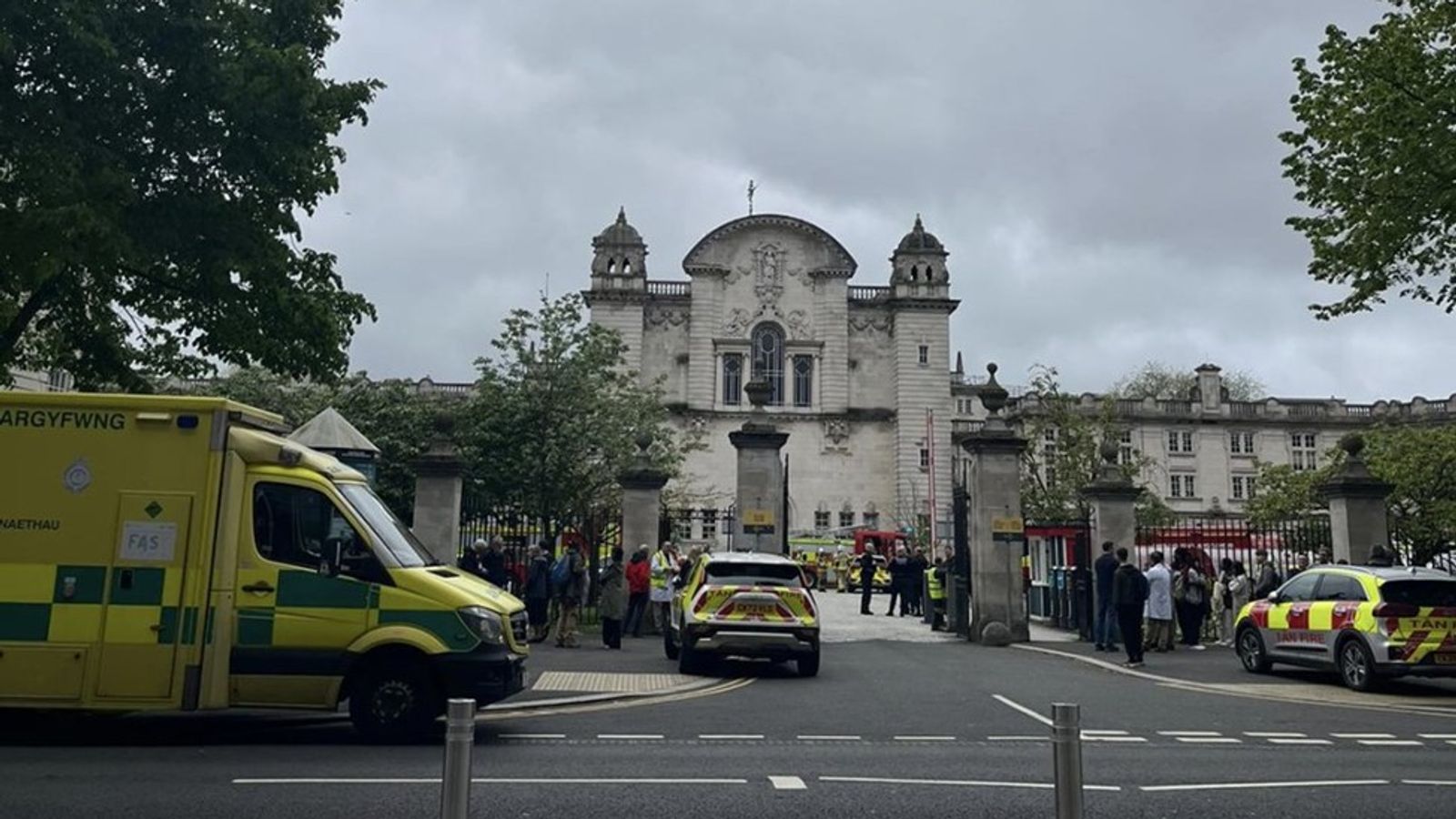Lancashire Police will not face any action over its handling of the disappearance of Nicola Bulley after investigations by two watchdogs.
The Information Commissioner’s Office (ICO) has announced it will not be taking any enforcement action against the force over its disclosure of her personal information.
Meanwhile, the Independent Office for Police Conduct (IOPC) has cleared the Lancashire force of any wrongdoing but said it had identified two “areas of learning”.
MPs and campaign groups voiced their disapproval after the force elected to put elements of Ms Bulley’s private life into the public domain during the search – including her struggles with alcohol and perimenopause.
The 45-year-old mother was reported missing on 27 January in St Michael’s on Wyre.
She was later found dead in the River Wyre on 19 February – more than three weeks later – after the search for her attracted national attention and so-called armchair detectives.
The ICO’s deputy commissioner of regulatory policy Emily Keaney said: “This was an important piece of work around a high-profile case.
Police return to scene where Nicola Bulley’s body was found
Nicola Bulley: Man arrested over footage shot inside police cordon on day body found
Nicola Bulley: TikToker who filmed body being taken from river claims he has donated to family
“We wanted to reassure the public that there are rules in place to protect how personal information is used and shared, and we wanted to be clear that while police can disclose information to protect the public and investigate crime, they would need to be able to demonstrate such disclosure was necessary and proportionate.”
Following the IOPC’s decision not to take action against an officer who had contact with Ms Bulley before her disappearance, Lancashire Police said they attended her address “in support of an ambulance deployment”.
Assistance Chief Constable Sam Mackenzie said: “The IOPC investigators focused on the actions of one officer and have now completed their investigation and found no misconduct or wrongdoing.
“Whilst we do have some procedural learning it is important to note that our attendance was in support of an ambulance deployment and that the officer dealt with Nicola with compassion and empathy, putting her care at the forefront of his decision-making on that day.”
Separately, the College of Policing will also conduct a review into how officers handled her case and will publish its findings in the autumn.











